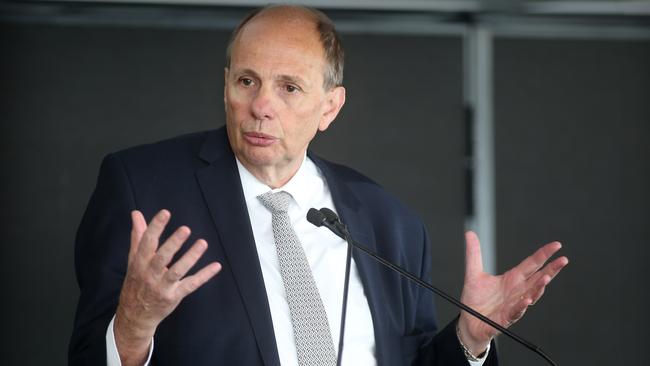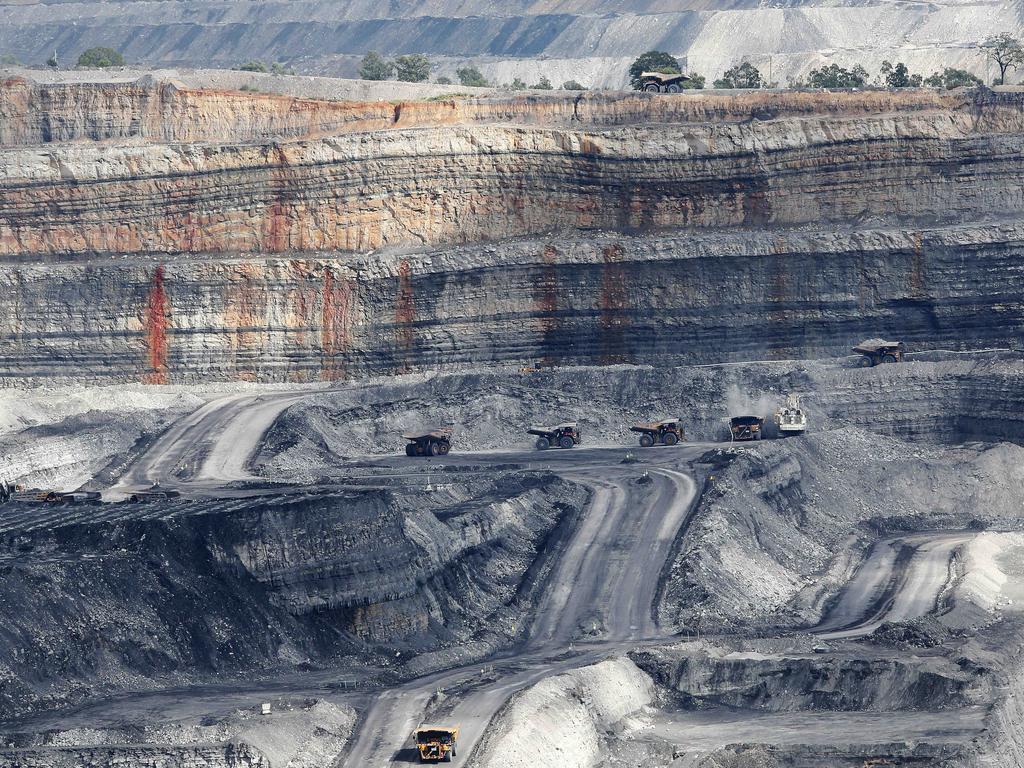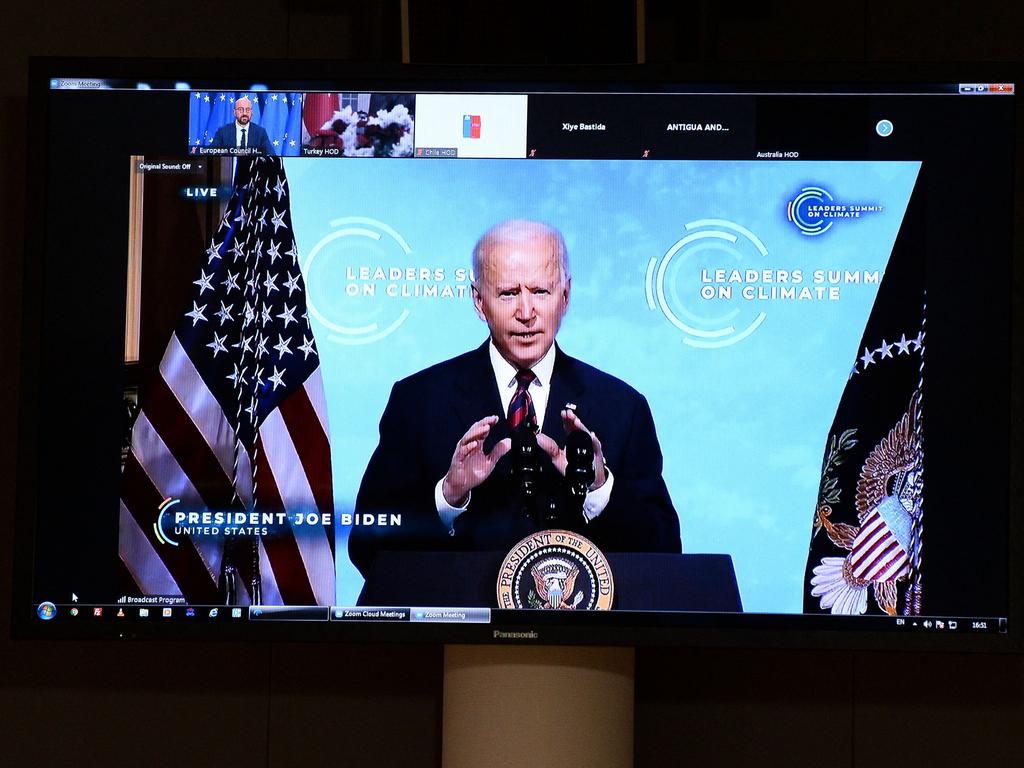Climate Change Authority chair Grant King backs nuclear energy
Climate Change Authority chairman Grant King has backed calls for Australia to consider nuclear power in its future energy mix.

Climate Change Authority chairman Grant King has backed calls for Australia to consider nuclear power in its future energy mix, saying governments should avoid temptation to divide future energy supplies into “good fuels and bad fuels”.
Speaking at a Minerals Council of Australia event in Canberra on Thursday, Mr King reiterated his longstanding support for the introduction of nuclear energy into the grid, saying it was important the issue be reconsidered as Australia looks for ways to reach net zero carbon emissions by the middle of the century.
Federal Energy Minister Angus Taylor appointed the former Origin Energy boss as chair of the Climate Change Authority in April, after Mr King led a review of the government’s Emissions Reduction Fund that recommended an expansion of its remit to invest outside of renewable energy technology such as wind and solar.
Mr King told the mining audience he had become “increasingly frustrated” by the debate around what energy sources should be included in the future fuel mix, saying it was only important that they be carbon neutral to help Australia reach carbon reduction goals.
“There’s still a great desire to define good fuels and bad fuels. And that’s not going to help us get there – we need absolutely everything working for us,” he said.
“And that also includes nuclear. So if we want to get into a debate, it’s important that we throw nuclear into the mix and say Australia is going to have to come to grips with that issue and is going to have to decide whether or not it lifts that regulatory prohibition and allows the innovation and investment that’s now happening, particularly more modular reactor technology, to be applicable here in Australia.”
Mr King said embracing nuclear as a technology option would also help Australia’s miners to create new export industries to replace threatened fossil fuel output.
“That would allow us to play a part in that fuel chain, because to the extent that some of our traditional exports are threatened, we sure as hell need new ones to make up that gap,” he said.
Speaking on a panel discussion after his speech, Mr King indicated work was going on behind the scenes to shift political resistance to the mining and use of nuclear fuels.
“It isn’t really a technical issue, it’s a social acceptance issue, and the story is good. The (small modular reactor) story is good in terms of risks – and the things that we as a generation grew up fearing, we were taught to get under the desk just in case, that’s all going to go away,” he said.
“That prohibition has to be lifted and there is a secret society of people out there trying to figure out what conversation to have with government to lift that prohibition.”
In a landmark speech indicating where his leadership would take the Climate Change Authority (the clearing house for advice to the government on climate change policy), Mr King also backed further work on carbon capture and storage technology, saying it could help Australia’s thermal generation fleet become the lower-cost option for carbon-free energy.
“We’re indifferent to abatement or offsets or sequestration. And I say that in the sense that everything that reduces emissions is good. There’s no good or bad reduction of emissions,” he said.
“If we’re storing carbon and storing carbon safely, that’s as good as reducing emissions in some other location, and you can’t get to net zero any other way than recognising that duality exists.”
And although Mr King said he believed Australia’s coal-fired generation stations would be retired from the grid more quickly than many current forecasts, he said existing baseload generators still offered cost advantages over the rollout of new energy technologies, if they were able to reduce carbon emissions.
“I’m absolutely and completely fuel agnostic,” he said. “So much of the carbon debate has been not defined by that agnosticism. That is really holding us back and even today, we still find this great desire to think about fuels as being good or bad.
“There is an enormous amount of sunk capital in old technologies, and their ability to be adapted and evolved and to make a difference today is far greater than people estimate. But we like the shiny new stuff, because we think new stuff is better than old stuff, even if you’ve got to wait 10 or 20 years for it to be competitive.”






To join the conversation, please log in. Don't have an account? Register
Join the conversation, you are commenting as Logout